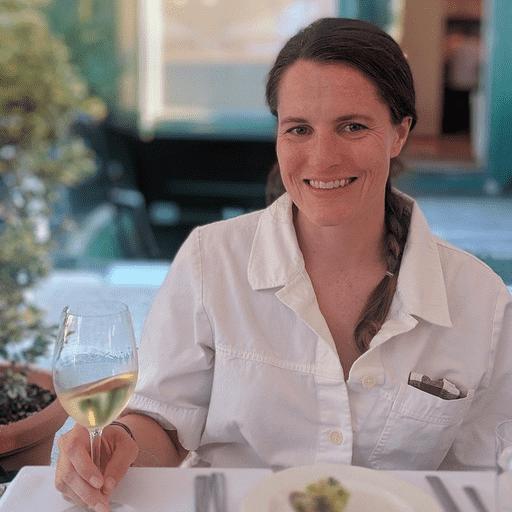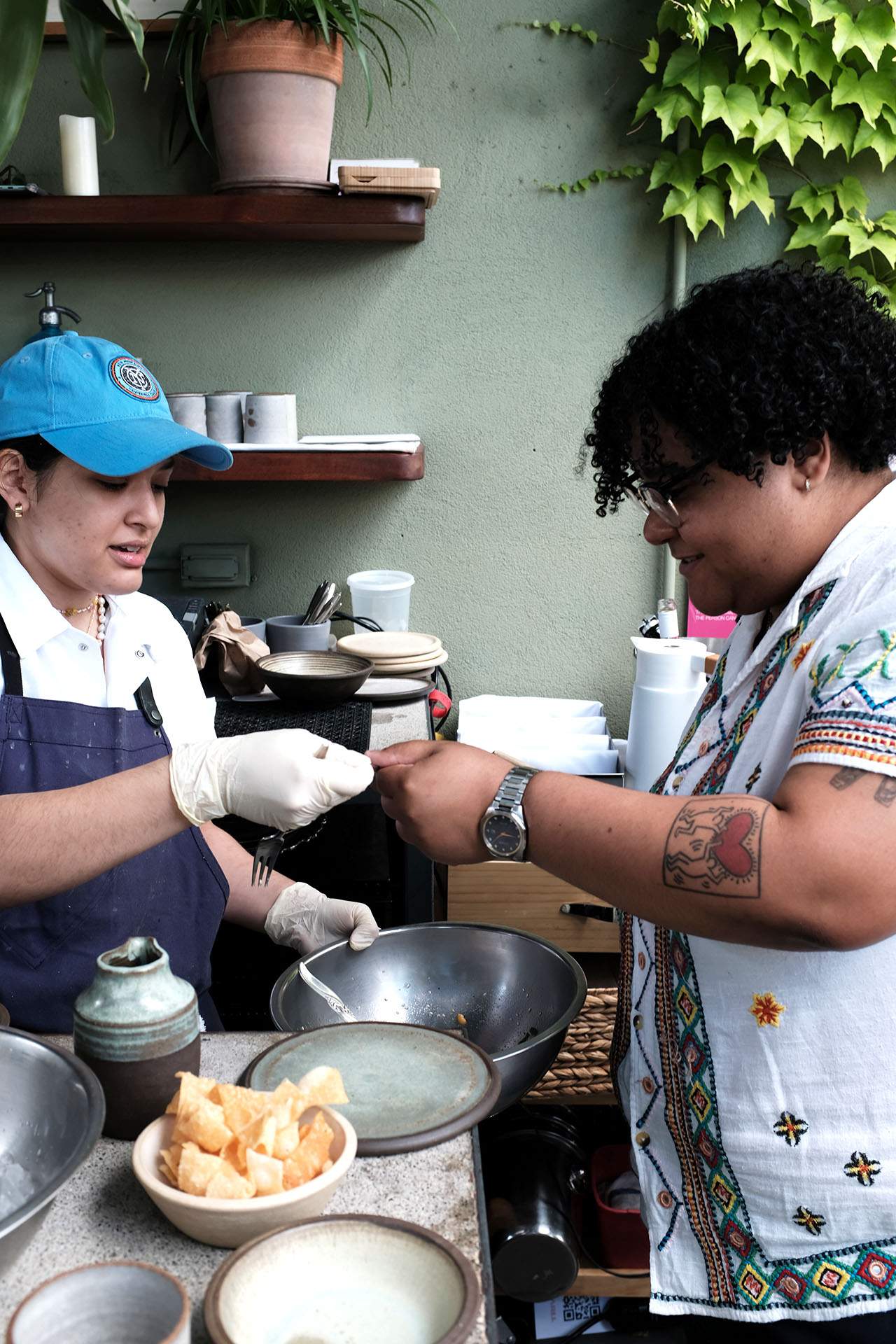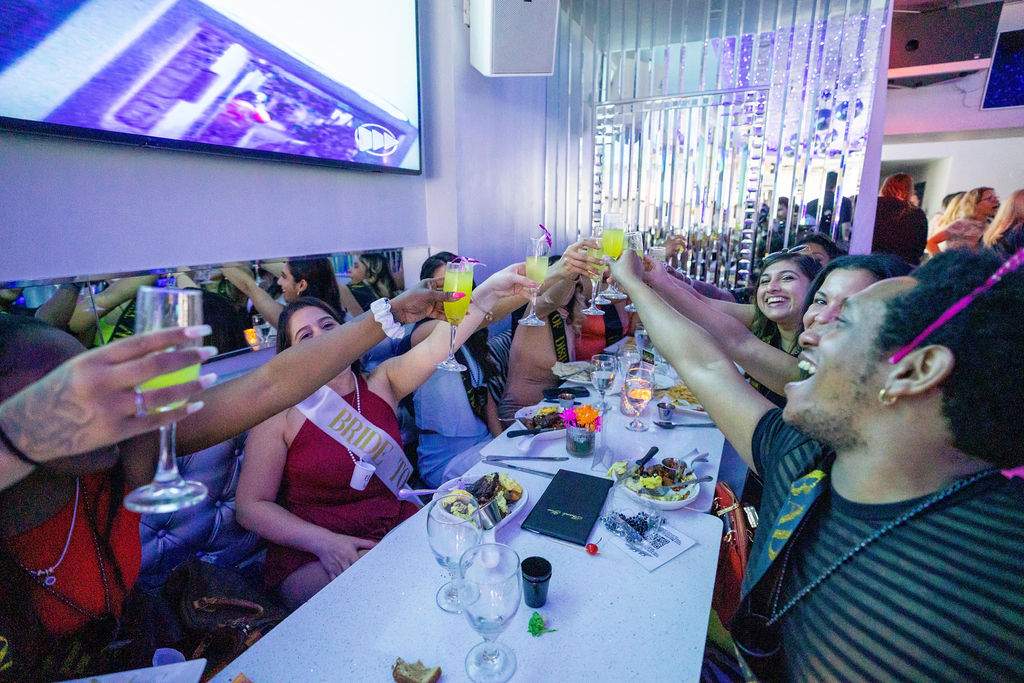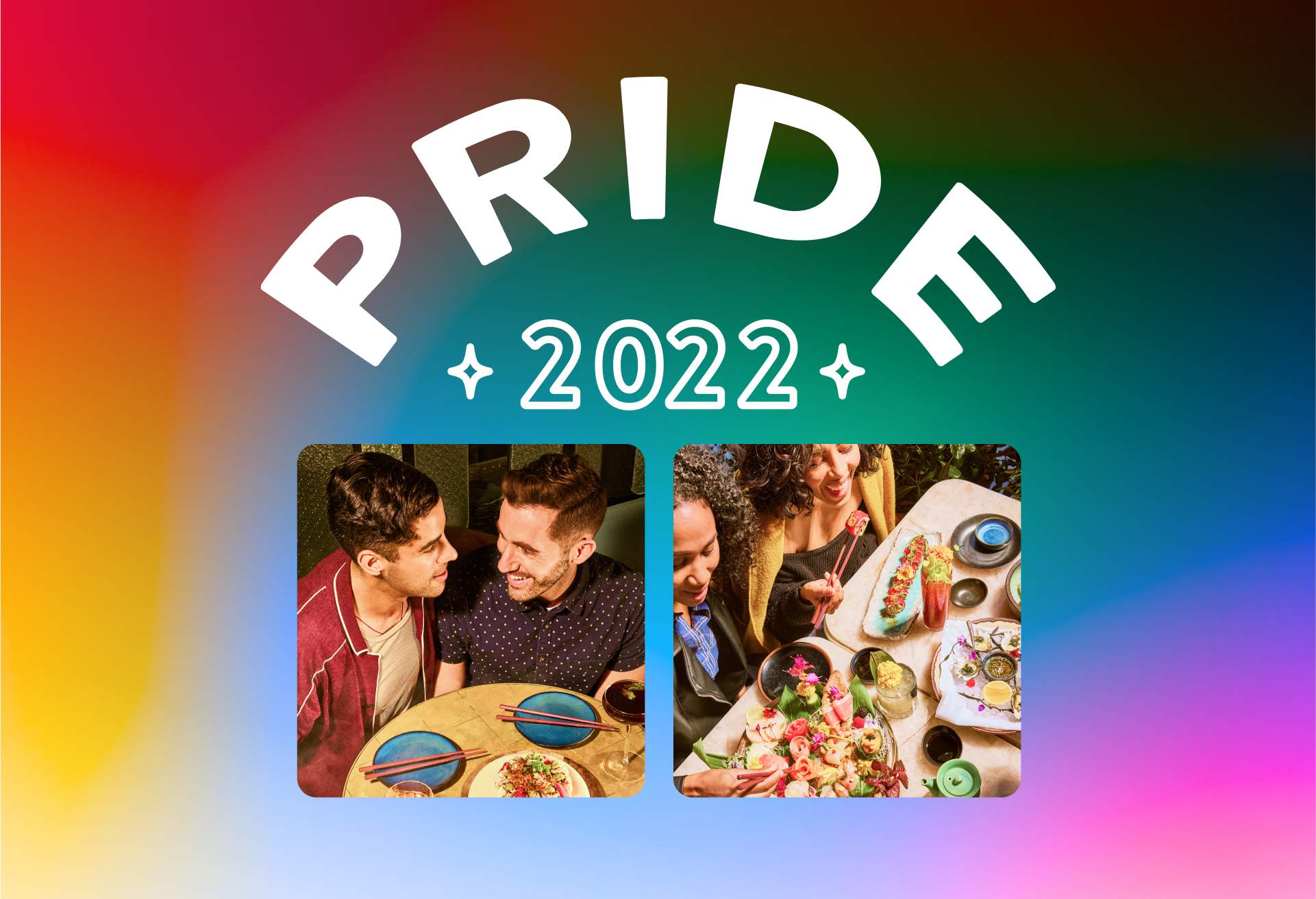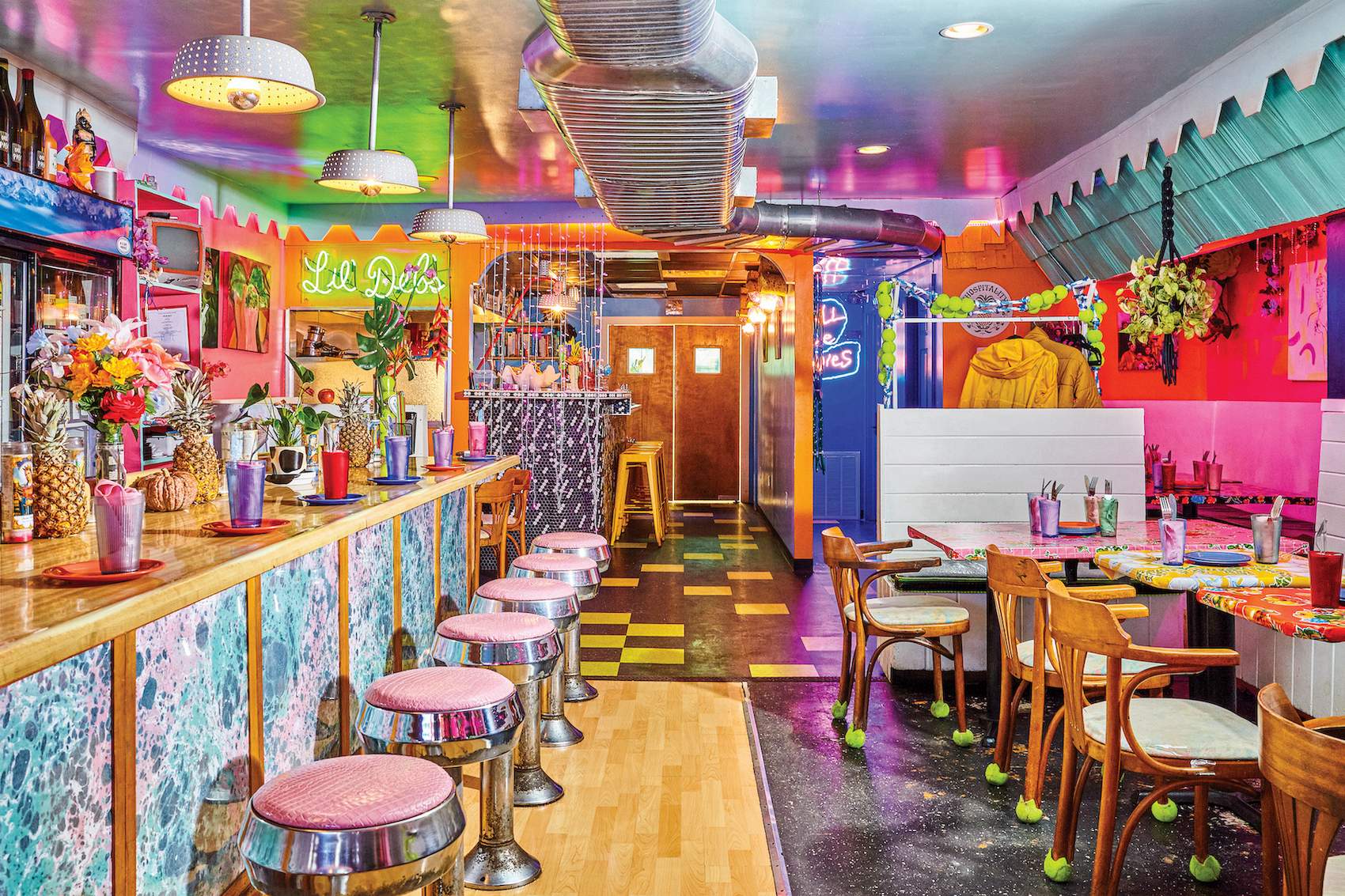Queer culture, by its nature, has a strong current of hospitality—it’s a culture that welcomes people in and is rooted in ideas of community care. But the hospitality industry isn’t always a welcoming place for queer culture.
According to non-profit One Fair Wage, nearly one in five restaurant workers identify as LGBTQ+. Nearly 81% of the workers surveyed witnessed or experienced transphobia or homophobia while working in the industry, either from customers or coworkers.
Fortunately, a new generation of queer restaurants and chefs are mobilizing to create change—and the Queer Food Foundation (QFF) is leading the way. Founded in 2020, the foundation is a nationwide resource for LGBTQ+ food workers—from farmers to dishwashers and everyone in between—designed to advocate for more inclusive spaces in the industry, create mutual aid networks, and fund queer food ventures. To date, the foundation has distributed over $20,000 to individuals in need, mostly to help combat food insecurity due to pandemic-related job losses.
We sat down with executive director Vanessa Parish and chair of the board Sunny Levine to learn more about the origins and goals of this groundbreaking organization, what queer hospitality looks like, and more.
Interview edited for length + clarity.
What are the origins of the Queer Food Foundation?
Vanessa Parish: The foundation was started because there was a mass exodus in the food space in 2020—we are usually the lowest paid, lowest caliber workers. We really started as a mutual aid foundation to help with food insecurity among queer hospitality workers. As we started talking to people in different spaces, we realized the need went beyond mutual aid.
Can you outline some of the unique challenges that queer folks in hospitality face?
Sunny Levine: The number-one thing is food insecurity. We’re in these spaces to produce food for other people, but we as a people are disproportionately affected by food insecurity.
Parish: I’d add wage disparity. There’s a difference between minimum wage and living wage—people can’t live sustainably on current wages, and [statistically*] the wages get lower the more intersectional they [queer people] become.
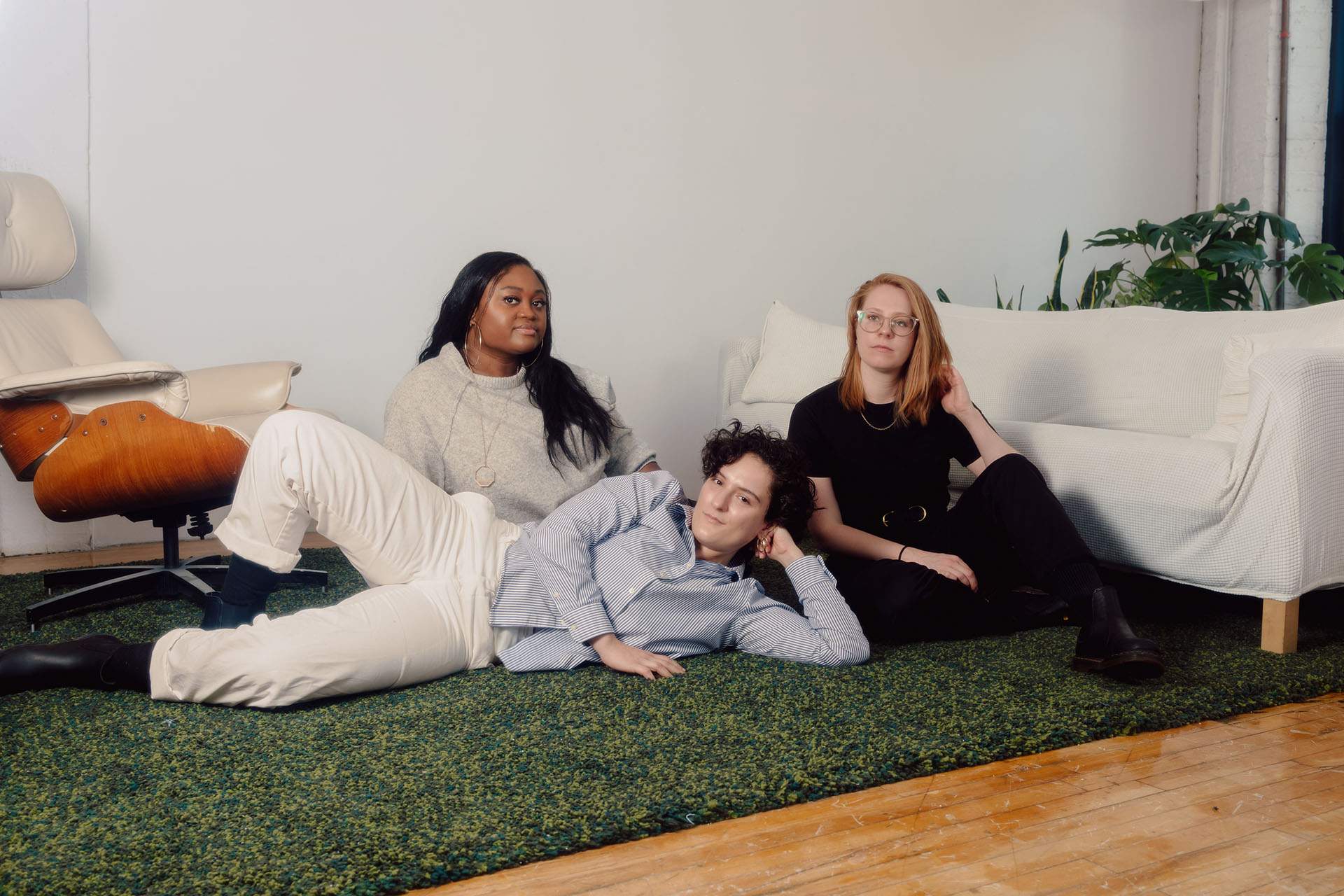
What was the hardest part of getting this organization off the ground?
Parish: Getting people to find us! And to create validity in our messaging. We had to really think “What are we going to do and how are we going to do that?” Those were the biggest steps and financial backing was the next biggest step.
Levine: Helping people understand that this isn’t just Pride work, this is year-round work. We’re trying to make the fundraising part as sustainable as possible.
What QFF initiatives are you the most excited about?
Parish: One of the biggest has been the directory; we want to find everyone. Now we have a national directory, which will help us use our resources better. Currently, there are no resources that say things like “here’s where the most queer people work”—we’re creating a statistical database to do so.
Levine: In terms of impact, we hosted New York’s first Queer Food Festival last August—seeing thousands of people from a community perspective was like WHOA. Also in terms of impact, the Queer Food Fund. Typically it opens in February, but we’re actually opening it up at the end of the month. Seeing the volume of submissions we get, hearing how they will use the funding—this is why we do what we do.
What does queer hospitality mean to you or look like for you?
Parish: It means existing in spaces where everyone can be harmoniously themselves and can be celebrated for their individuality. We group ourselves off a lot—we have to for survival, especially in hospitality. We want to eliminate fears like “Can I apply to this place? Will I make enough money to live?”
Levine: Queer hospitality is how we feed other people, how we invite people in. It’s about flexible, inclusive ways of feeding other people—both in terms of actual sustenance and feeding queer life and joy. Queer hospitality is by nature very inclusive.
What support do you wish you had/could have in your own food careers?
Levine: The goal is to build a space where I can say “my wife” and no one bats an eye. I wish I had a space in which I didn’t feel pressured to bring something up, and knew that if I did, I would be supported.
Parish: I wish that I had a me. When I worked in minority kitchens, I couldn’t talk about my queerness. When I worked in queer kitchens, we didn’t talk about my minority identity. When I was leaving culinary school, I’d be told “I don’t hire women; I don’t hire Black people.” If there were more people like me in back of house roles, it wouldn’t be such a taboo thing to have me in the kitchen.
If you’d like to support the Queer Food Foundation, you can donate to their fund.
*A 2019 study found that LGBT people collectively have a poverty rate of 21.6% and that transgender people in particular have a poverty rate of 29.4%. This is compared to a rate of 15.7% for cisgender straight people.
